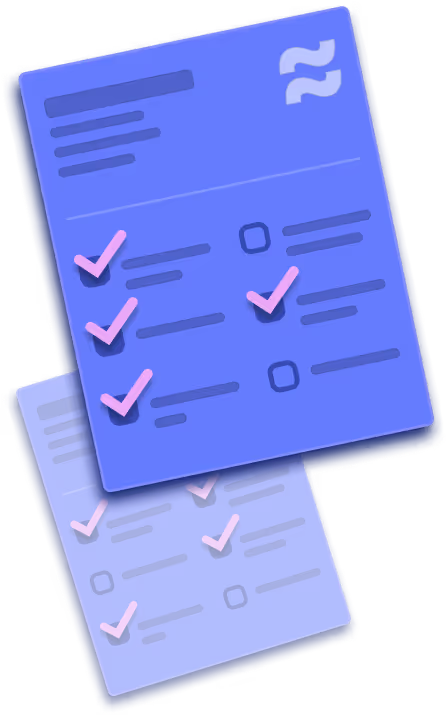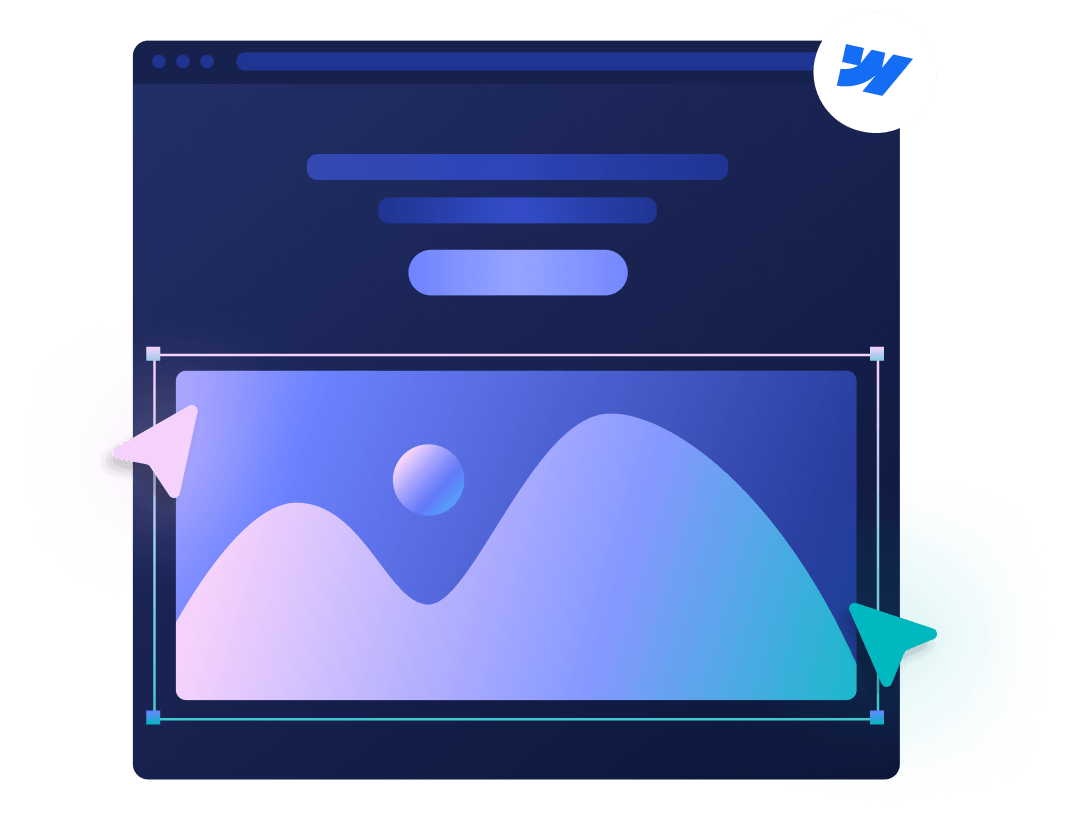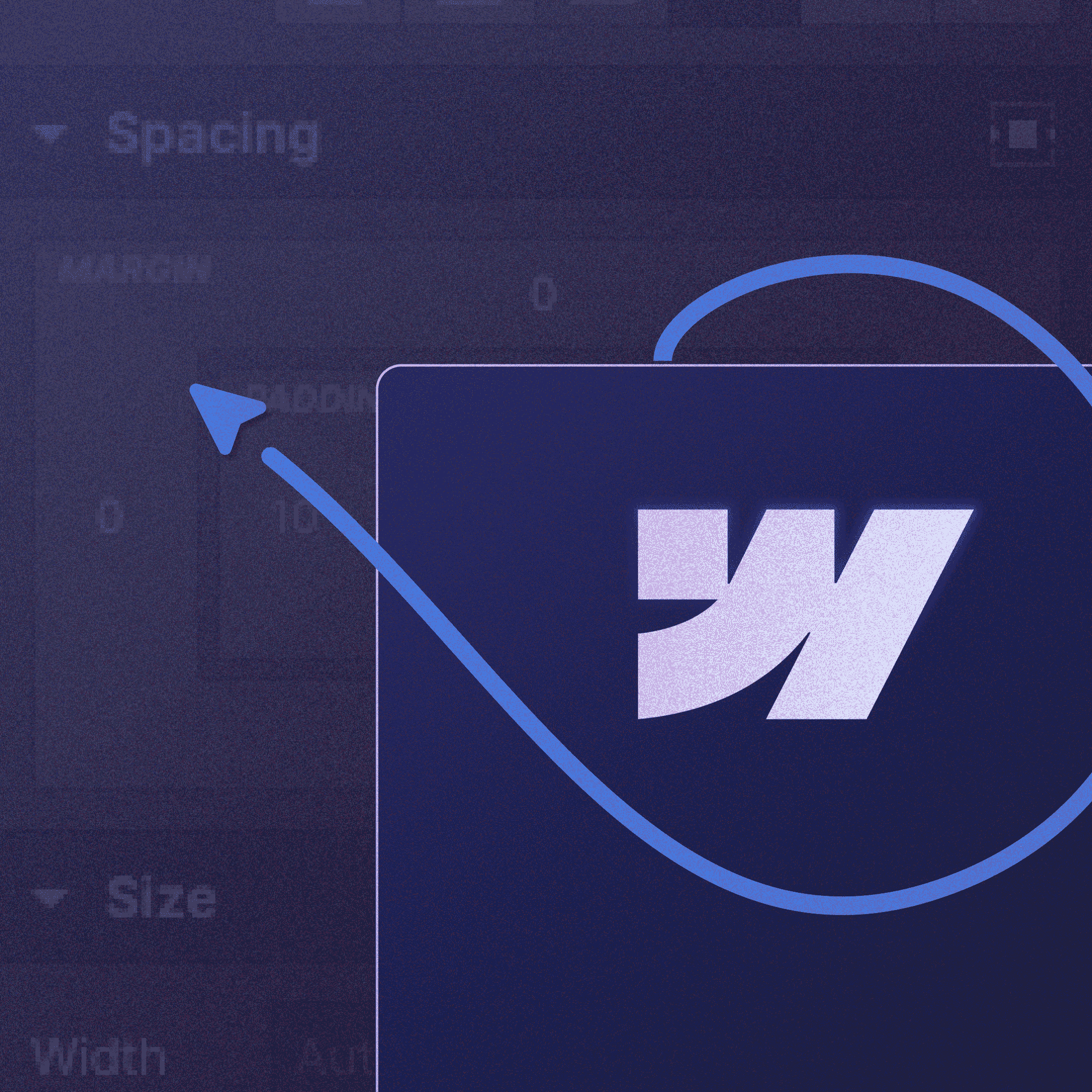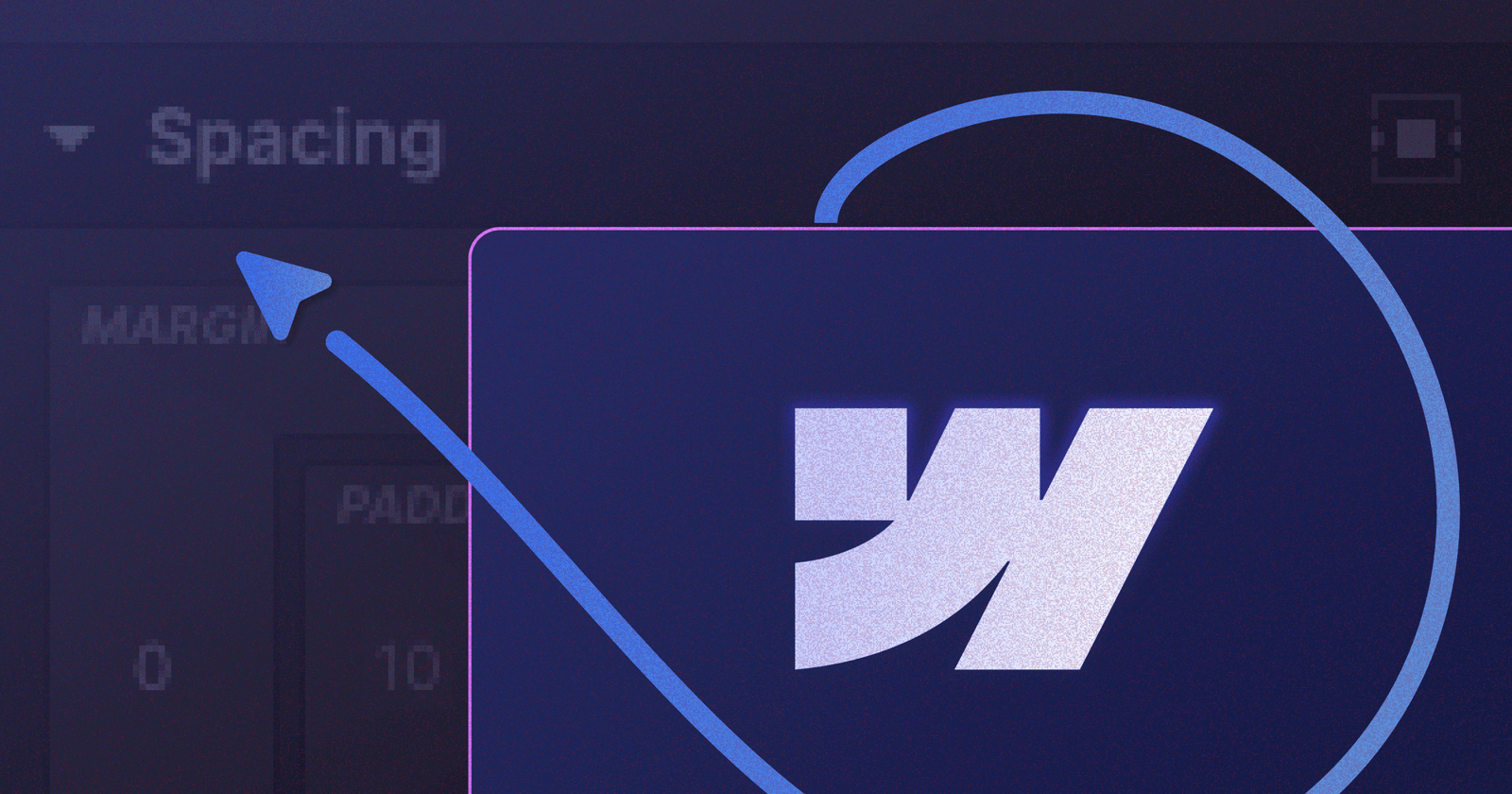.png)
11 Best Site Audit Tools to Skyrocket KPIs (2026)
Key takeaways
- Site audit tools reveal what drives traffic, what slows your site down, and how to improve rankings and conversions.
- The best tools balance accuracy, usability, and visualization so marketers and SEO pros can act fast on insights.
- Flow Ninja’s Foresight tool stands out for being free, AI-powered, and built for quick, strategic audits.
- Advanced crawlers like Screaming Frog, Ahrefs, and SEMrush offer deep technical insights for large or complex sites.
- Tools like Google Search Console remain essential for tracking real-world performance and visibility on Google.
- Choose a tool that fits your skill level, goals, and budget, whether you need a quick overview or a full technical crawl.
As every digital marketer knows, we need audit tools to generate actionable marketing insights. They help you learn what is sending traffic to your website or what is causing your Google rankings to drop. This data can even help you improve your content and website.
It’s worth noting that the tools will also help you understand how your website reflects your overall business and which strategic steps you can take that will lead to a site that converts.
Various tools can support you with that, and we are here to learn about the very best site audit tools. You’ll learn how I choose them and what makes them the top choices on the market. Let’s begin.
How I Picked the Best Tools for Auditing Websites
Before I start covering each tool in more detail, you need to understand which criteria I used to choose the ones on this list. That should help you understand why the tools on my list are worth your consideration, but it will also help you evaluate a tool you might have found on your own.
Core Features
The central part is the features the audit tool provides. Mainly, I looked at the types of audits it can do, like technical SEO, core web vitals, on-page SEO, and more.
I also want to see the ability to crawl through the whole website, which can be seen from the crawl limit of the plans on offer, i.e. the number of pages the tool can crawl.
Ease of Use
How intuitive is the tool’s interface? Is it geared toward beginners or advanced SEO specialists? The answers to these questions decide whether or not I want to recommend the tool, and I usually lean towards the more beginner-friendly ones, while also sprinkling in a few for advanced users and enterprise-level businesses.
Data Accuracy and Depth
Naturally, it’s essential to check the accuracy of the data provided. I look online to see what the research says. A big plus is when the tool provides prioritization of issues.
Speed and Performance
The speed matters in the sense of how fast the tool can crawl your site and generate reports based on the data found. I also check to see how efficiently it can handle large websites. No one wants to wait ages for a tool to complete an audit.
Reports and Visualization
The website audit tool needs to provide quality reports that you can share with your team or clients. They must also have good visualization because you don’t want to spend time understanding what you’re seeing. In other words, it should be intuitive and easy to follow.
Pricing and plans
Some of the best site audit tools are free, but that doesn’t mean paid ones are not worth your time. It’s all about determining which price you’re willing to pay and think is worth the benefits you receive. More than that, some paid tools have several plans, so you can always consider a more affordable plan if you're on a budget.
Who Is the Tool Best for
It’s crucial to look at the type of user the site audit tool targets. Some are made for website owners with sites created with specific builders, while others are designed for agencies and larger teams. Some focus on technical SEO, while others offer insights for non-technical marketers. Many will be made for a different set of users. That’s why I’ve made sure to cover the target audience of each tool so you can have an easier time finding the one for your use case.
Pros and Cons
It’s always best to evaluate the main pros and cons of every product or service you’re considering paying for. That’s why I’ve provided you with a list of the most important advantages and disadvantages for each tool I recommend. The list will give you a summary of what’s great about the site audit tool and where it’s lacking.
1. Foresight — Website Audit AI Tool by Flow Ninja

Our free website audit tool, Foresight, is the first comprehensive tool that considers your website marketing strategy. It was based on what Flow Ninja has learned over the years, the audits we performed, and the benefits of AI.
Unlike other tools, it’s a lot easier to use because it gives actionable advice on what you can do for your site to improve it. It provides personalized PDFs powered by AI and modeled after enterprise-level audit reports, so even smaller companies can get detailed audits.
Core features:
- Checks how clearly services are explained and whether benefits and outcomes are effectively conveyed.
- Evaluates if the site targets the right audience and analyzes credibility boosters like testimonials or case studies.
- Reviews how intuitive the navigation is and how well the content is organized for easy reading.
- Assesses the presence of key assets like pricing, client logos, and project examples that support conversions.
- Audits on-page SEO basics such as meta titles, descriptions, and image alt tags for search visibility.
- Looks at visual coherence and how well design elements support a smooth user experience.
- AI-powered audits that cover SEO, UX, content, and branding
- Detects CMS, hosting, and analytics setup
- Analyzes the feasibility of migration to Webflow
- Classifies the page type like CMS or static
- Allows you to export PDF reports
Ease of use:
The tool is incredibly easy to use as it’s made by one of the leading teams that worked with the likes of Upwork and Checkout. To use it, you only need to provide the URL and fill in the form, after which the tool will create a detailed AI-powered analysis. It doesn’t require manual crawling or setup and provides clean PDFs with straightforward, text-based outputs. Regardless of the simplicity, the quality of insights makes it ideal for both non-technical and technical users.
Data accuracy and depth:
The tool uses powerful large language models (LLMs) to generate high-level insights without mistakes. However, it’s not suitable for raw crawl data, but it does excel at providing insights for strategic overviews.
Speed and performance:
Audit results are available to you within minutes, making it incredibly fast. The waiting times don’t vary much based on the website size, making the tool highly scalable and ideal for small, mid-sized, and enterprise-level businesses.
Reporting and visualization:
Foresight provides structured PDF exports you can share with anyone, whether your team or a client. The suggestions included are easy to understand and actionable.
Pricing and plans:
As mentioned, using one of the best site audit tools is completely free. You can run an analysis and get full PDF reports for free. And no, there are no hidden fees or charges for unlocking better analyses or features.
Who should use the website audit AI tool by Flow Ninja?
- All website owners
- Businesses looking to migrate their website
- Non-technical marketers looking for detailed overviews for making their sites convert
- Sales and strategy teams in need of quick audits
- Consultants and agencies in need of high-level overviews of client websites
Pros:
- Generates detailed reports quickly
- Very easy to use
- Ideal for non-technical marketers
- Offers strategic insights, not just raw data
- Completely free
Cons:
- Unsuitable for deep technical crawling
2. Screaming Frog SEO Spider
Screaming Frog SEO Spider is a reputable desktop-based web crawler, widely known for its ability to perform highly detailed technical SEO audits. It effectively mimics what search engine bots do and finds an extensive collection of data that you can then use to optimize your website’s search visibility, speed, and performance.
Core features:
- Page title and metadata analysis
- Locates broken links, server errors, and duplicate content
- Analyzes redirects
- Performs scheduled crawls
- Performs custom scraping of any data from a web page
- Runs crawl comparisons
Ease of use:
Being a highly technical tool, don’t expect Screaming Frog to be easy to use. It has a learning curve, so it’s unsuitable for beginners.
Data accuracy and depth:
High accuracy is one of Screaming Frog’s biggest selling points. The same goes for the depth of data it provides. It’s only natural for a site audit tool that specializes in technical SEO.
Speed and performance:
Screaming Frog is very fast at crawling and effective, no matter the website's size.
Reporting and visualization:
Screaming Frog presents data in table format through several tabs, each dedicated to a specific site element. You also get a panel with key findings and a tab with issues you can fix. You can easily export the reports in Excel or Google Sheets format for easy sharing.
Pricing and plans:
The free plan has a 500 URL crawl limit and lacks certain features, while the unlimited paid plan is $279 annually.
Who should use the Screaming Frog SEO Spider?
- SEO professionals and in-house SEO teams
- Digital marketing agencies
- Web developers
Pros:
- Detailed crawling
- Packed with features
- Very fast and easily scalable
- Customizable, for targeted crawls
- Regularly updated
Cons:
- Unsuitable for beginners
- Dated design
- Free version limited
- Only desktop version available (not browser-based)
3. SEMrush Site Audit Tool
SEMrush is a widely known and comprehensive SEO tool for optimizing online presence. Its site audit tool is just one part of that, but it’s a detailed website crawler and analyzer. It can locate and help you fix technical and on-page SEO issues.
Core features:
- Detailed technical SEO audit
- Site performance analysis
- On-page SEO analysis
- Markup analysis
- Crawl comparisons
- Crawl customization
Ease of use:
Using SEMrush’s site audit tool is generally easy, but you need to create a project first, provide your domain, and set a couple of basic settings before beginning.
Data accuracy and depth:
If you know of SEMrush, you can certainly guess that the data its site audit tool provides is highly accurate. The tool goes very deep in its crawls, so expect a wealth of data.
Speed and performance:
Speed of crawls depends on the site size, with bigger websites taking considerable time. However, you can always schedule crawls in advance and get notified when they’re completed.
Reporting and visualization:
The tool offers a neat dashboard with an overview of findings and a clear site health score. This is a general overview, while the tool still provides a plethora of thematic reports, charts, graphs, and more. You can export all of them in PDF, XLSX, and CSV.
Pricing and plans:
The free version is very limited, able to crawl up to 100 URLs only. Paid plans cover the broader SEMrush suite of tools, with the cheapest plan, Pro, costing $139.95 per month.
Who should use the SEMrush site audit tool?
- SEO professionals and in-house SEO teams
- Digital marketing agencies
- Website managers and owners
- Companies of all sizes
Pros:
- Provides highly comprehensive audits
- Very visual and detailed reports
- Prioritizes the biggest issues first
- Lets you track progress by comparing crawls
- You can schedule audits
Cons:
- Very costly if you want all the features
- Relatively high learning curve
- Slow with large sites
4. Google Search Console
The Google Search Console is a well-known free tool from Google that every website owner, marketer, or SEO professional knows of and should use. It’s made to monitor your website’s performance in Google search results. Unlike all other site audit tools that are effectively optional, you must use this one if you want to rank well on Google Search.
Core features:
- Performance reports
- Index coverage reports
- URL inspection
- Core web vitals report
- Mobile usability analysis
Ease of use:
Setting up the Search Console is effortless, while the tool has become much more user-friendly since its early days. Some of the technical language might be confusing for beginners.
Data accuracy and depth:
Since the tool comes straight from Google’s foundry, accuracy and depth are as high as they can be.
Speed and performance:
Being web-based and made by Google, the tool is incredibly fast. Reports load quickly, but bear in mind that it will take time for the crawlers to do their job on new sites, so you might not be able to get data on new sites for a few weeks in some cases.
Reporting and visualization:
The Search Console offers interactive charts where you can toggle metrics, and filter and compare data. However, reports are not as customizable as they can be with paid platforms.
Pricing and plans:
The Google Search Console is entirely free. There are no freemiums, premium versions, or add-ons.
Who should use the Google Search Console?
- Every website owner who wants their site to be visible in Google Search
- All SEO specialists and professionals
- Business owners with websites
- Content creators and bloggers
- Digital marketers
Pros:
- Entirely free to use
- Provides data straight from Google
- Essential in technical SEO
- Performance insights
- Can help you find security issues
Cons:
- Performance data is a few days behind
- Historical data goes back up to 16 months
- Not made for competitive analysis
5. Ahrefs Site Audit
Like SEMrush, Ahrefs is also a comprehensive SEO tool suite that offers a plethora of solutions for website owners and marketers. It also provides a thorough site audit tool that crawls your website and performs a health check while looking for both on-page and technical SEO problems.
Core features:
- Detailed technical SEO audits
- On-page SEO analysis
- Link analysis
- Performance check
- Prioritization of issues
- Crawl scheduling and customization
Ease of use:
Starting a project in Ahrefs is generally simple, and the interface itself is smooth and modern. Results are easy to understand, but it might be a bit complex for beginners once you dig deeper. The good news is that the tool often offers embedded how-to guides for fixing issues on your site.
Data accuracy and depth:
Ahrefs is held in high regard for its depth and accuracy, especially with backlinks. It’s at the top of the industry when it comes to SEO data accuracy.
Speed and performance:
Ahrefs is generally fast, but like most comprehensive site audit tools, it struggles with big websites, so you’ll have to wait some time for the results.
Reporting and visualization:
Ahrefs offers detailed and well-designed reports with lots of visuals, even including interactive dashboards.
Pricing and plans:
The site audit tool is included within Ahrefs Webmaster Tools for free, but this comes with a limited number of crawl credits. You’ll need to opt for one of the paid plans to get more each month, starting from $129/month.
Who should use the Ahrefs Site Audit tool?
- Website owners
- SEO professionals
- In-house SEO teams
- Digital marketing agencies
- Companies with complex websites
- Existing Ahrefs users
Pros:
- Detects a robust set of issues
- Great visualization and interface
- Integration with other Ahrefs tools
- Very high data quality and accuracy
- Useful “How to fix” information
Cons:
- Can get expensive due to the credit system
- Focus on on-page and technical SEO
6. Sitebulb
Sitebulb is a website auditing tool made for locating technical SEO issues and opportunities for site optimization and understanding site architecture. It’s both a cloud-based platform and a desktop app.
Core features:
- Full website crawling that mimics Google’s crawls
- Unique Hint system for locating issues and fix opportunities
- Google Analytics and Search Console integrations
- Customizable and detailed audit reports
- Audit comparisons
Ease of use:
Sitebulb is easy to use, primarily for its intuitive, clean, and modern interface. The sheer volume of information it offers might be overwhelming for some beginners. However, the Hints system certainly rectifies this as it tells you exactly what you can do with your site to improve it. Overall, the tool is similar to Screaming Frog but slightly less customizable, which makes it easier to use than Screaming Frog, but it’s still not as simple as the audit tools Ahrefs and SEMrush offer.
Data accuracy and depth:
Sitebulb is highly accurate and digs deep into your site structure and content, owing to its imitation of Googlebot.
Speed and performance:
Speed and performance depend entirely on the size of the website you’re crawling, but also on the strength of your computer, if you’re using the desktop version.
Reporting and visualization:
Reporting and visualization are Sitebulb’s strong suits. It’s great at presenting data in a visual and easy-to-understand manner, making it easier to understand and follow. You can export data to Google Sheets and CSV.
Pricing and plans:
Sitebulb is a paid tool, but it does offer a free trial. It offers different pricing and plans for the cloud and desktop versions. The desktop tool costs $18/month and can crawl up to 10,000 URLs per audit. The cloud version is for large-scale technical crawls and audits, starting from $245/month.
Who should use Sitebulb?
- Website owners and web developers
- Digital marketing agencies
- SEO professionals
- In-house SEO teams
Pros:
- Original and useful Hint system
- User-friendly interface and reports
- Highly detailed audits
- Regular updates
- Desktop and cloud-based versions
Cons:
- High cost of the cloud version
- Desktop version is somewhat limited
7. Moz Pro Site Crawl
Moz is a well-known brand in the world of digital marketing, offering an all-in-one SEO suite of tools. Moz Pro Site Crawl is one of them, and it’s made to identify and track technical SEO problems that limit your site’s performance in search results.
Core features:
- Full SEO issue detection with categorization by importance
- Scheduled crawls and crawl comparison
- Prioritized recommendations
- Ability to track site issues across crawls
- Moz metrics integration
Ease of use:
Moz Pro Site Crawl is a user-friendly tool. It features a dashboard and lists issues with explanations that can be helpful for those not familiar with technical SEO.
Data accuracy and depth:
The accuracy of data is generally quite good. However, when it comes to more advanced technical SEO aspects, it might not be as good as dedicated desktop crawlers, but it’s more than reasonable for most users.
Speed and performance:
The speed and performance are in line with most other cloud-based crawlers. In other words, it’s pretty fast with small and mid-sized sites, and a bit slower with bigger ones.
Reporting and visualization:
The tool offers organized reports with a dashboard summarizing the most important issues and trends. You also get graphs with issue trends and breakdowns of their types.
Pricing and plans:
The Moz crawler is part of the Moz Pro tool suite, which can be used for free with a free trial, but once that ends, you need to use a paid plan. The lowest plan is $49/month for a single user, single site, and up to 20,000 crawled pages a month. You can save 20% by paying annually.
Who should use Moz Pro Site Crawl?
- Existing Moz Pro users
- SEO professionals
- Digital marketing agencies
- Small and mid-sized businesses
Pros:
- User-friendly interface
- Moz Recommendations offer actionable advice
- Can track problems over time
- Integrated into the broader Moz Pro suite
Cons:
- Not as detailed and customizable as dedicated audit tools
- You have to pay for the whole Moz Pro suite to get it
8. Surfer SEO Content Audit
Surfer SEO is a popular content optimization platform that doesn’t offer a traditional site audit tool but a Content Audit tool that focuses on on-page and content factors, not technical SEO. The insights it provides are still actionable and focus on improving the ranking of specific pages.
Core features:
- Proprietary content score
- Keyword analysis
- Content structure recommendations
- Internal and external linking insights
- SERP competitor analysis
Ease of use:
The tool has a very user-friendly and easy-to-use interface suitable for practically anyone, regardless of their level of SEO knowledge.
Data accuracy and depth:
Accuracy is based on correlational SEO, meaning it analyzes top-ranking pages to offer recommendations. However, this isn’t as accurate as what other site audit tools do.
Speed and performance:
The tool is high-speed, providing results within a few minutes at most. You can even refresh an audit for updated, real-time data.
Reporting and performance:
Reports from this tool are integrated into the interface as they are live and can be updated after generation. You can share them by sharing the link.
Pricing and plans:
Surfer SEO’s audit tool is not standalone, but part of the brand's whole suite. The cheapest plan starts from $99, and you can save 20% if you pay annually.
Who should use the Surfer SEO Content Audit tool?
- Content writers and editors
- Existing users of Surfer SEO
- Affiliate marketers
- SEO pros focusing on content optimization
Pros:
- User-friendly tool
- Very actionable recommendations
- Comparison with competitors
- Focus on content elements and keywords
- Very fast audit generation
Cons:
- Relies on correlational data
- Not for sites but specific pages
- You have to pay for the whole Surfer SEO suite
9. Ryte
Formerly OnPage.org, Ryte is a website user experience optimization tool. It started as a standard technical SEO crawler, but has since become a more robust tool that helps you track, analyze, and improve all critical aspects of your digital presence. SEMrush now owns the tool.
Core features:
- Technical SEO analysis
- Content analysis
- Web performance
- Compliance
- Quality assurance
Ease of use:
Ryte is very easy to use and intuitive to navigate. It does provide a large amount of data, but it’s well-optimized, so the learning curve shouldn’t be too big of a problem for most.
Data accuracy and depth:
Ryte is highly regarded for its accuracy, especially regarding technical SEO. On top of that, it digs deep, providing info that’s in line with what Google’s own tools would show.
Speed and performance:
Ryte is designed for sites of all sizes, designed to handle both small and huge sites without compromising on speed.
Reporting and visualization:
You get customizable dashboards, lists with prioritized issues, and visual and shareable reports.
Pricing and plans:
Ryte has two plans, but both come with custom pricing, and you need to contact Ryte to get a quote.
Who should use Ryte?
- SEO professionals
- In-house SEO teams
- Digital marketing agencies
- Bigger companies and enterprises
- Marketing and growth managers
Pros:
- Strong technical SEO capabilities
- Focus on the full website user experience
- User-friendly interface
- Useful in content analysis
Cons:
- Custom pricing
- Niche tool for specific use cases
10. Lumar
Formerly known as Deepcrawl, Lumar is an enterprise-level website crawler that lets you determine, prioritize, improve, and prevent site issues from poor optimization. It’s designed for large companies and used by major brands like Microsoft, Adobe, Comcast, and Deloitte.
Core features:
- Technical SEO analysis
- Advanced website crawls
- Site health dashboards
- Professional support and added services
Ease of use:
Being a highly comprehensive tool with a plethora of details in its reports, it’s not suitable for beginners or those without deeper knowledge of technical SEO. However, the owners didn’t design it for them but for highly experienced SEO professionals working with enterprises.
Data accuracy and depth:
Lumar is very accurate, and its analyses go deep into your site, especially for large, complex websites.
Speed and performance:
Since it’s made for large websites, Lumar is very fast and able to effectively crawl millions of pages without slowing down like standard site crawlers.
Reporting and visualization:
Reporting and visualization capabilities of Lumar are truly extensive, which is expected for an audit tool for large websites. You can create custom dashboards, use charts and graphs, and export data in various formats.
Pricing and plans:
Like most services designed for large companies, Lumar has no fixed pricing or plans. You need to contact them to get a quote, and the price is negotiable and based on what you need.
Who should use Lumar?
- Large companies and enterprises
- Large SEO agencies
- In-house enterprise-level SEO teams
- Companies emphasizing technical SEO
Pros:
- Highly scalable and suitable for large companies and sites
- Provides detailed technical SEO analysis
- Robust dashboards and visualization
- Very customizable crawls
- Professional-level support
Cons:
- Custom pricing
- Steep learning curve
- Unsuitable for smaller sites
11. Unclash AI Keyword Cannibalization Checker
Unclash AI is an AI-powered keyword cannibalization checker built on Google Search Console data. It’s designed to help you spot when multiple pages on your site are competing for the same keywords and quietly hurting your organic performance.
Instead of running a broad technical crawl, Unclash AI focuses on one specific layer of site health: internal search conflicts. It shows you exactly where overlap exists and how severe it is.
Core features:
- Keyword cannibalization detection using GSC data
- Cannibalization health score
- Keyword and page-level views
- Keyword clustering into themes
- Branded keyword filtering
- Exportable reports (CSV, XLSX)
Ease of use:
Using Unclash AI is very straightforward. You connect your Google Search Console account, select your property, choose a time range, and load the data. There’s no complex setup or crawling configuration required.
Most of the work is done automatically once your GSC data is imported.
Data accuracy and depth:
Since Unclash AI works directly with Google Search Console, the data comes straight from Google itself. This makes it highly reliable for identifying real cannibalization issues instead of estimated or third-party keyword data.
It goes deep enough to show every competing URL for each keyword and groups related keywords into meaningful themes.
Speed and performance:
Performance depends mainly on how much data your GSC account contains. Smaller sites load almost instantly, while larger content libraries take longer to process. Still, it’s generally faster than full-site crawlers since it only analyzes search data.
Reporting and visualization:
Unclash AI provides a clear dashboard with a cannibalization health score and detailed keyword and page views. You can easily switch between perspectives to understand conflicts from both angles.
All reports can be exported in CSV and XLSX formats for sharing or further analysis.
Pricing and plans:
The tool offers a free trial. The paid plan starts at $12 per year.
Who should use Unclash AI?
- SEO teams
- Content strategists
- Website owners with medium to large content libraries
- Teams diagnosing ranking drops or stagnation
Pros:
- Uses real Google Search Console data
- Focused on a critical but overlooked SEO problem
- Clear health score for prioritization
- Easy setup and simple interface
- Extremely affordable
Cons:
- Doesn’t apply fixes automatically
- You still need to decide how to resolve issues (merges, redirects, consolidation)
Bottom Line
Finding the best site audit tools is not an easy feat since you need to evaluate their core features, check their accuracy, and the level of detail they offer in their analyses, while also looking into speed, performance, reporting, and pricing. Most of all, you need to consider what type of user the tool is designed for.
The good news is that some of these are for different users and completely free, like the Flow Ninja AI website audit tool called Foresight. It’s easy to use, crawls sites quickly, and provides actionable insights, not an overwhelming amount of data that might not be useful to you. Try it out to see what it tells you about your site and how to improve it to boost your KPIs.
FAQ for Best Site Audit Tools
What features should marketers look for when choosing a website audit tool?
Marketers should look for website audit tools offering comprehensive on-page SEO analysis, performance insights, accessibility checks, and reporting automation. Integration with analytics platforms and support for large-scale audits are essential for monitoring enterprise website health and SEO performance.
How do AI-powered audit tools like Foresight differ from traditional SEO audit tools?
AI-powered tools like Foresight go beyond static reports by using machine learning to identify issues, predict ranking impacts, and suggest data-driven improvements. They automate pattern recognition and prioritization, making audits faster, more accurate, and actionable compared to traditional SEO tools.
Are free site audit tools reliable enough for enterprise-level websites?
Free site audit tools are useful for quick checks but lack the scalability, data depth, and integrations required by enterprise-level websites. For large operations, paid tools offer more reliable crawl coverage, detailed insights, and advanced reporting features necessary for enterprise SEO management.





.png)
.svg)










-min.png)
















.svg)

.png)
.png)
.webp)
.svg)

